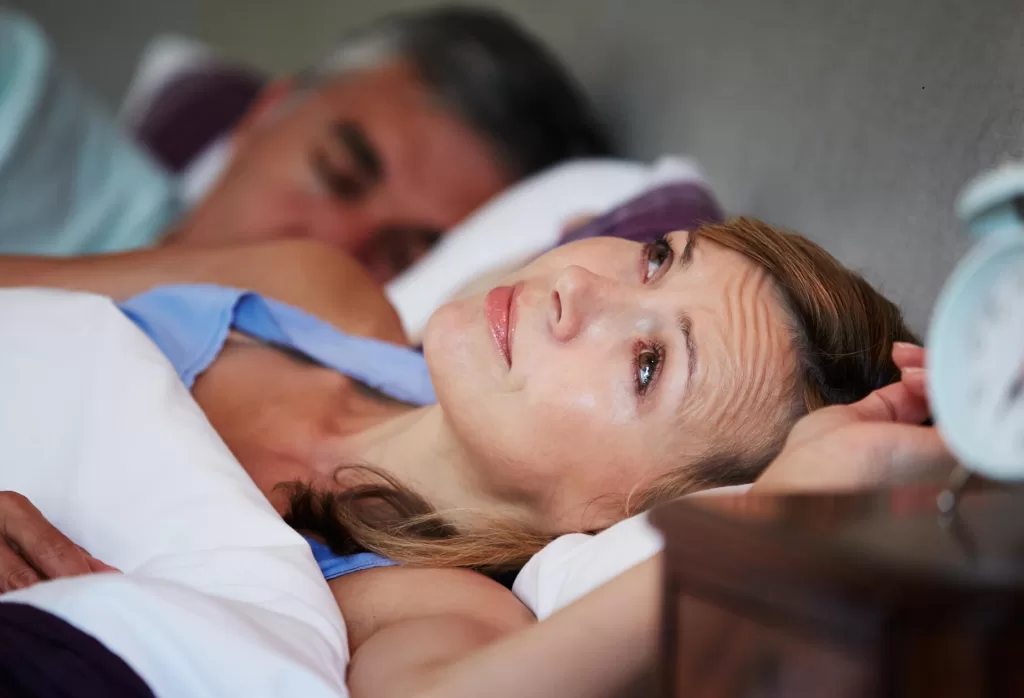

Chronic insomnia is a widespread issue that health experts are increasingly viewing as a national crisis. According to the American Academy of Sleep Medicine, 12% of Americans suffer from chronic insomnia, which is the persistent difficulty of falling or staying asleep.
The consequences of this collective sleeplessness go far beyond simple daytime grogginess. Sleep deprivation has severe societal and personal costs, making it one of the most pressing yet unaddressed public health challenges of our time, according to Jennifer Senior in a recent interview with PBS Newshour.
Sleepless Nights
When you can’t get proper rest, the impact ripples through every part of your life. Insomnia is not a minor inconvenience; it is a major health detriment. For decades, eight hours has been the universally accepted gold standard for a good night’s rest. However, many sleep experts are now challenging this.
While eight hours works for many, research increasingly suggests that the “magic number” is actually closer to seven hours (or an optimal range between 6.5 and 7.4 hours) for many adults.
Chronic sleeplessness contributes to:
- Daytime fatigue and low motivation make simple tasks feel overwhelming.
- Accidents occur because sleep-deprived individuals are more prone to errors and accidents, both at work and on the road.
- Productivity is lost due to lowered cognitive function, which can have economic consequences.
The relationship between mood and sleep is critical. While depression was long thought to cause insomnia, experts now recognize there is a connection. Insomnia can, in fact, be a stronger predictor of depression, meaning the anxiety and exhaustion of sleepless nights can lead to mental health struggles.
Causes and Solutions
Key factors driving widespread sleep deprivation:
- Nonstandard work hours: Nearly 16.4% of Americans work graveyard shifts or nonstandard hours that fight against the body’s natural circadian rhythm.
- The hustle culture: Working second jobs to make ends meet further erodes time for rest.
- Blurred boundaries: For white-collar professionals, the line between home and office has virtually dissolved, making it hard to mentally “switch off.”
Cognitive Behavioral Therapy is universally considered the gold standard for treating chronic insomnia. It involves restructuring the thoughts and behaviors that prevent you from sleeping, often through a technique called sleep compression therapy. Connect with the Alaska Sleep Clinic to learn more about CBT.
While often viewed with caution, experts suggest that medication, used early and under a doctor’s supervision, can be a tool to help reset your sleep schedule. It should be part of a larger plan, often in conjunction with CBT.
If you are struggling with chronic insomnia, connect with the Alaska Sleep Clinic. Taking action now is the first step toward restoring your health and finally ending the lonely, exhausting cycle of sleepless nights.

